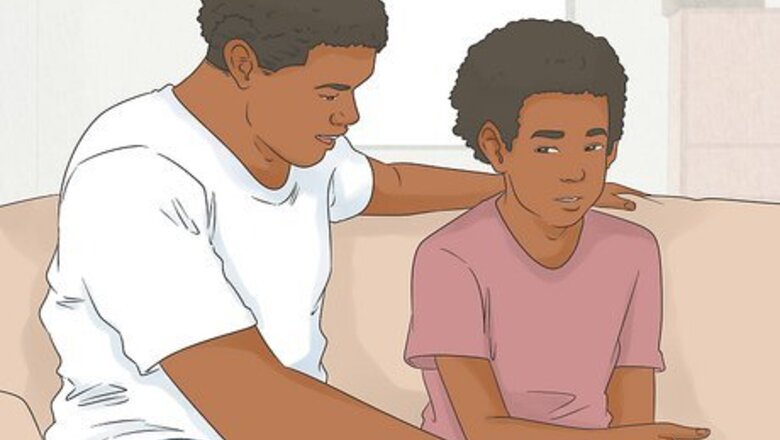
views
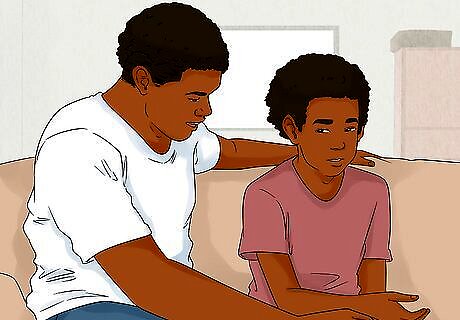
Explain to your child what you class as "explicit" music, so they know exactly what it is that you don't want them listening to. If you suspect they are already listening to lyrics or artists you don't approve of, make sure of your facts before you try to ban it. You may be able to reach a compromise about some albums with only one mild swear word.

Explain to your child why you forbid certain songs or albums. You may believe explicit music is music that has bad teachings in it such as profanity, abusive, hateful words, or words that incite prejudice, or homophobia, etc. You may explain that sometimes people who listen to explicit music can become desensitized to the bad influences such words and ideas bring. Of course, there may also be other personal reasons you may wish to share with your child. Explaining your reasons why will make your child understand why you're setting the rule better than if you said something like, "Because I said so."
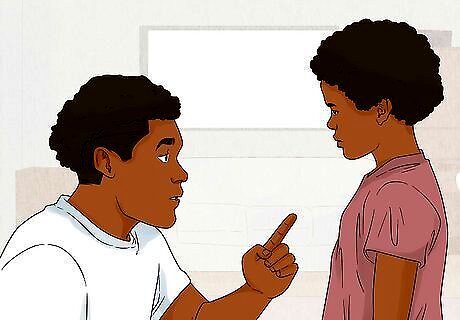
Once you have explained your reasons, you may guarantee your child cannot listen to explicit music on CD, tape or vinyl by confiscating these items, but be aware that the music might be hidden under other titles. This is why your child's cooperation is so very important and will result in their learning from you, rather than looking for ways around your rules.
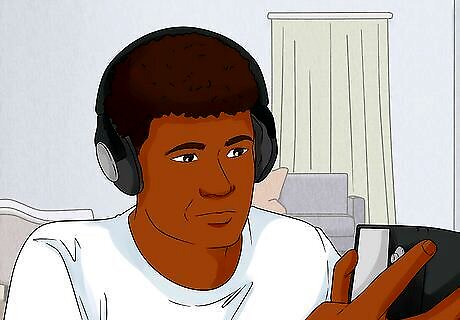
Ask yourself why certain music bothers you so much. Be aware that your child's desire to listen to this type of music might increase the more you tell them not to listen to it. You won't be able to censor everything they come into contact with. Some radio stations bleep out explicit lyrics in songs, others don't. You won't be able to stop your child searching for music with lyrics you don't approve of on computers in internet cafes or in libraries and you cannot control what they listen to at friends' houses.

If they continue to defy you, try again. Talk to your child about what it is they like about music with explicit lyrics in and try to find something similar that is not explicit. Exploring the huge range of music available to find something you both like could be a pleasant bonding experience and an opportunity to spend quality time together. Tell your child what you listened to at their age and why you liked it. This may help you find common ground.

Explain to your child that there there will be consequences for disobedience, if they continue listening to explicit music. A consequence could be the removal of a privilege, such as a ban on TV, being grounded, or having all access to music taken away. Only you as a parent will know what punishment will work best for your child, but remember to temper your rights as their parent with compassion and understanding; you were young once, too.
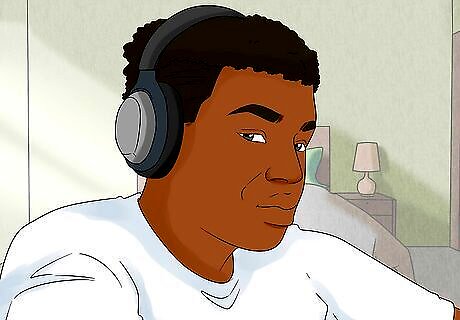
Be familiar with what your child listens to and check to see if it's appropriate. Remember, there are many artists, so research those you hear your child talking about and any new CDs brought into the house.

Ask your child about what they listen to on YouTube or via other websites that host music and/or music videos. Block things you are uncomfortable with your child accessing, if you can't trust you child to make good choices about what they listen to online. If you suspect your child is being deceitful about what they listen to, consider asking them show you their favorites and playlists. Consider carefully, before snooping on their computer, as they will consider this an invasion of their privacy and lead to trust issues regarding you.
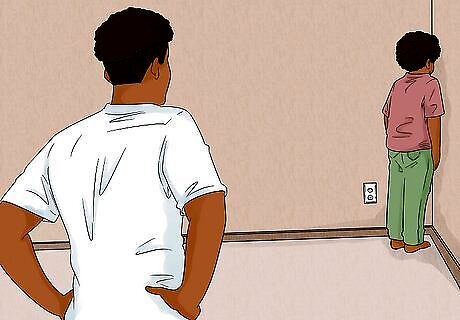
If your child listens to explicit music after being told not on more than one occasion, more serious actions make be required such as grounding for several days or a week. Again, as a parent, all of these things are in your hands and your actions will impact your relationship with your child. Be wise in your choices for both of your sakes.



















Comments
0 comment